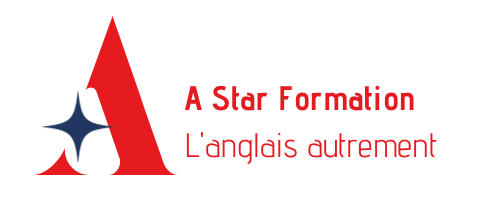We’ve all been there: you find yourself in a crucial meeting, enduring a presenter who mindlessly reads bullet points from slides in a dull tone. Meanwhile, your mind wanders to thoughts of lunch, and you can’t help but wonder when this never-ending presentation will finally conclude.
Chances are, you’ve also attended presentations where the minutes flew by because the speaker captivated your interest, carefully selected relevant points to support their message, and left you with a clear understanding of their key takeaways.
I’m sure we all would like our presentations to be closer to the second type.
Why You Need to Have Effective Presentation Techniques
Good public speaking skills are vital for everyone in a company, not just for the sales team: you need to be able to communicate your message clearly, get your colleagues and bosses onside for your projects and inspire your team.
If you’ve undergone presentation skills training in your native language, transitioning to presenting in English can indeed introduce new challenges. It’s natural to feel increased stress and concerns about forgetting important points, leading some to resort to reading their entire text. Additionally, the fear of potential questions during the Q&A session can further contribute to anxiety. However, with the right approach and practice, you can overcome these hurdles and deliver successful presentations in English.
So what can you do?
First, I’ll tell you what won’t work: following a presentation skills training in your own language and then taking some professional English lessons and hoping this will give you the tools to make a great presentation in English.
Why won’t this work? Well, there are many reasons related to your brain and how it works. One of the main reasons is that, as an adult, your procedural memory works better in language learning than your declarative memory. Procedural memory is remembering how to drive a car, for example, a series of actions. Declarative memory is your memory for facts.
Working with your procedural memory means you need to practice what you will say and how you will say it in English. Simply relying on patching together your French presentation skills training with some English grammar and vocabulary will not lead to an engaging, impactful, or persuasive presentation in English. This means dedicating time to develop your English presentation skills through active practice, feedback, and refinement.
Engaging in actual presentations in English and receiving constructive feedback is crucial for improvement. It allows you to adapt to the nuances of the English language, understand the cultural context, and refine your delivery for maximum impact. By repeatedly practicing in English, you train your procedural memory to perform the necessary actions, such as structuring your content, using appropriate gestures, employing effective vocal techniques, and engaging with the audience.
Engaging your audience during a presentation in English requires using the right phrases and language patterns to capture their attention and maintain their interest. By incorporating thought-provoking questions, vivid scenarios, and relatable examples, you can effectively draw them into your presentation, encouraging active participation and fostering a connection between your topic and their experiences. Additionally, employing rhetorical devices, such as compelling anecdotes or impactful statistics, can further captivate your audience and ensure that they remain focused on your message throughout the presentation.
Most people end up using the same phrases all the way through their presentation, « let’s move to the next point. » Having a wider range makes your presentation more interesting.
You’ll also have the means to be more confident in answering questions by learning how to take control of questions and not letting the fear of questions control you.
And lastly, when you work on your public speaking in English, you learn how to define a clear message in concise English that your audience will understand. It will also help you have the right words to hand for those times when you can’t remember what you will say.
I’m going to add one more bonus reason why you should be working on your business communication skills in English. This one is the most important: you need the confidence that even when you make a mistake (and you are almost definitely going to make some mistakes – sorry!), the rest of your presentation will be so clear and engaging that no one will care about or even notice a grammar mistake.
So stop trying to piece together your English language training with some public speaking techniques you did in your own language, and make a real impact next time you speak to an international audience: work on your presentation skills…in English.
Encore plus de post ici
How to Deal with Stress Before Your Presentations
18 juillet 2023




